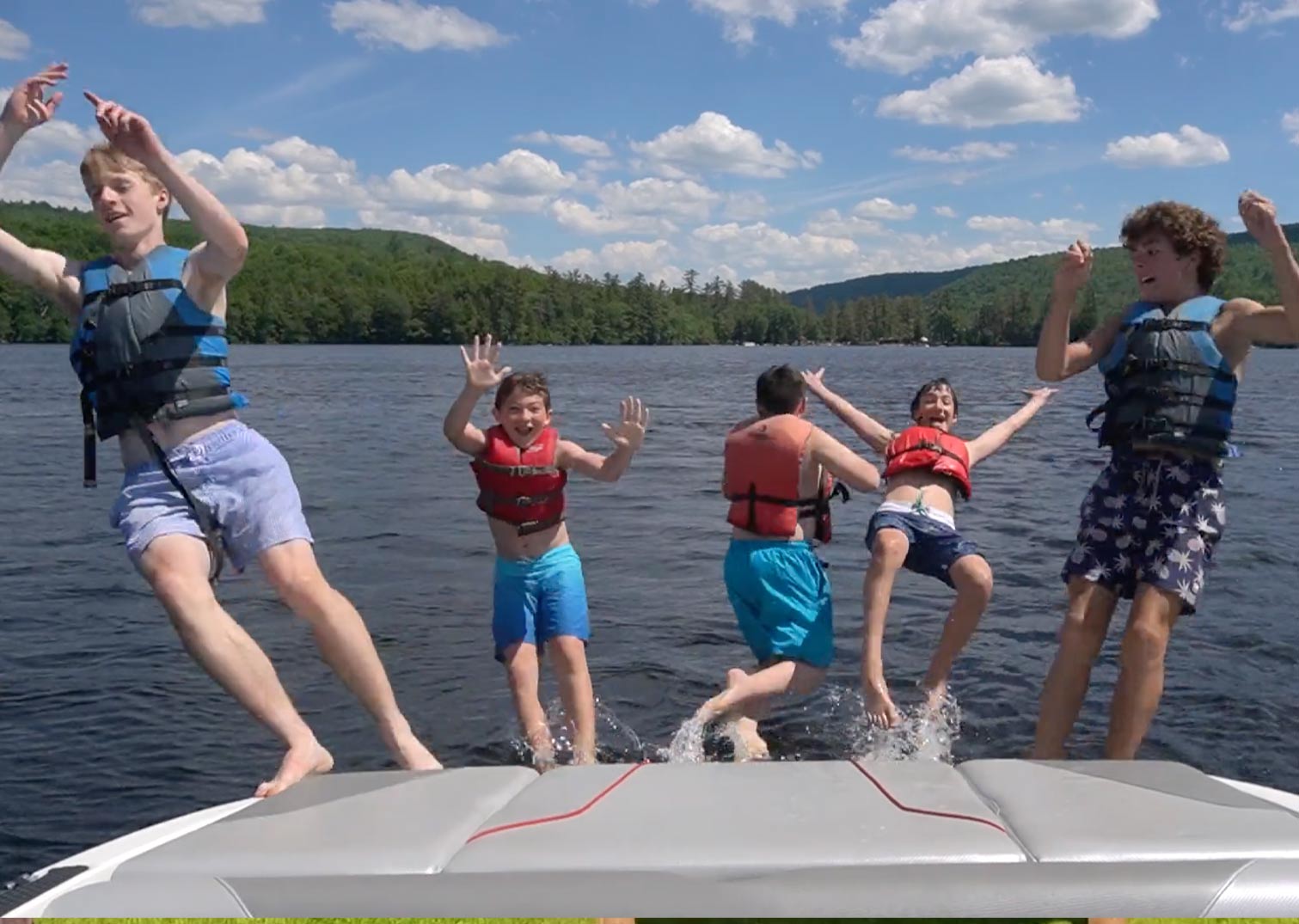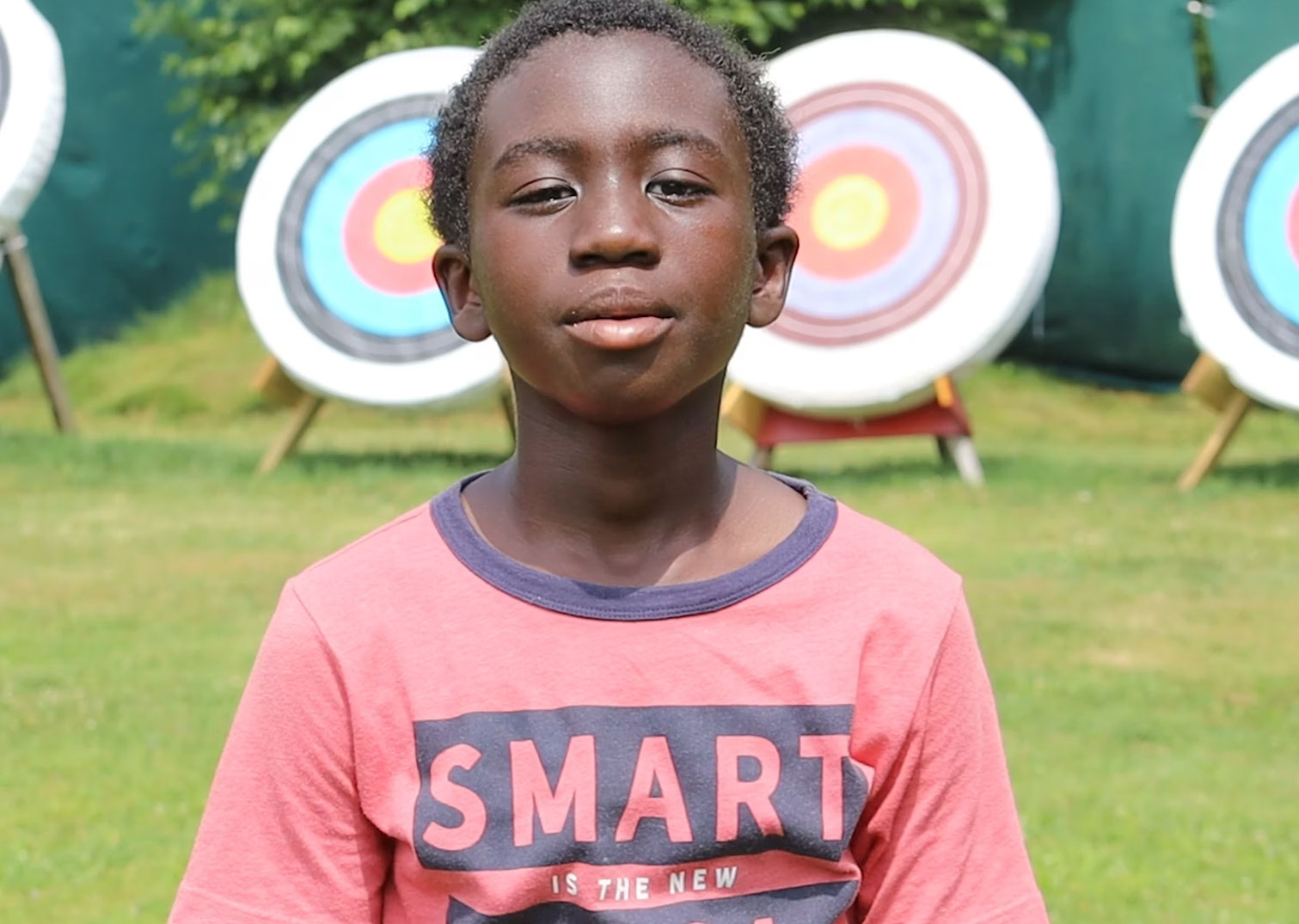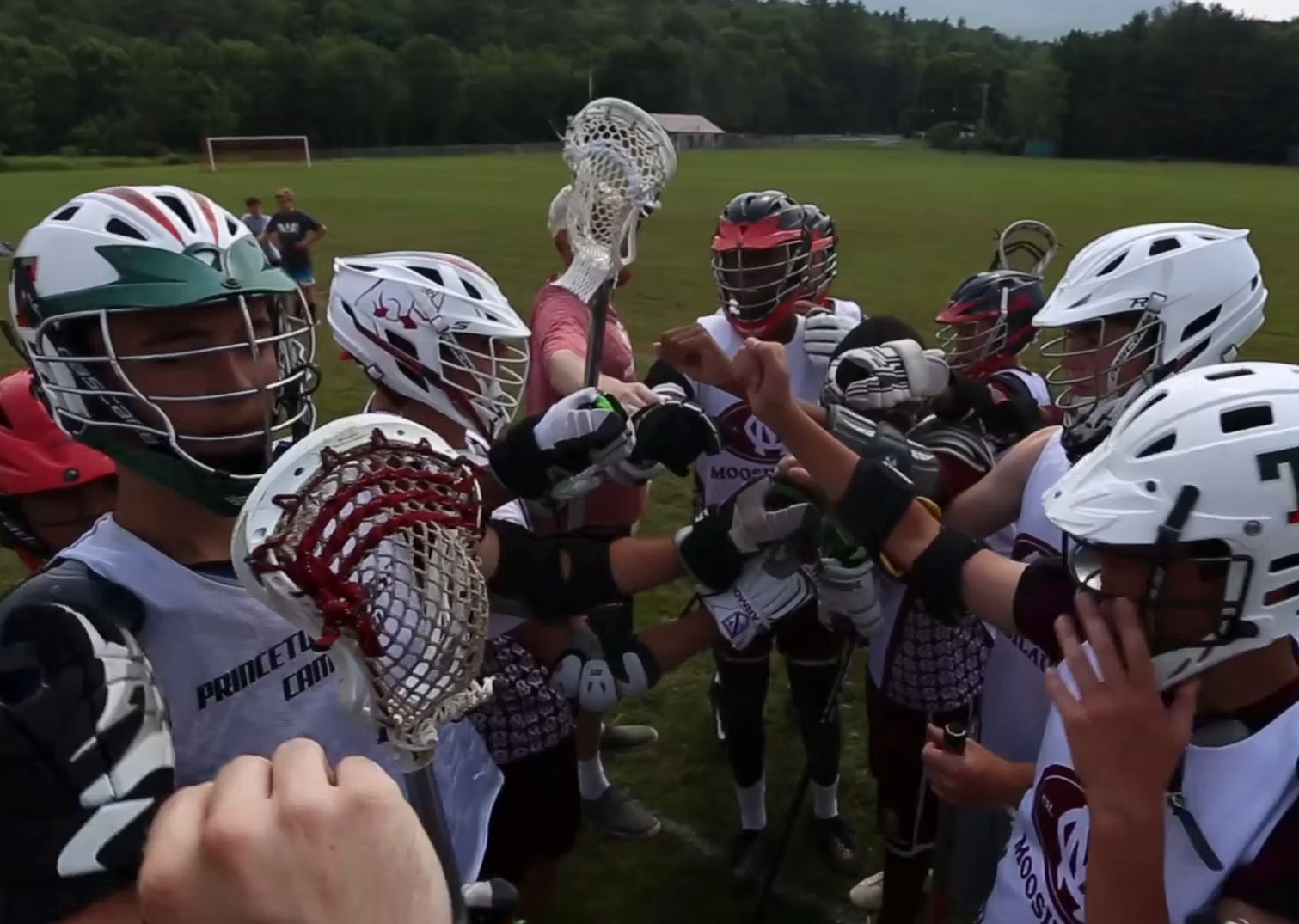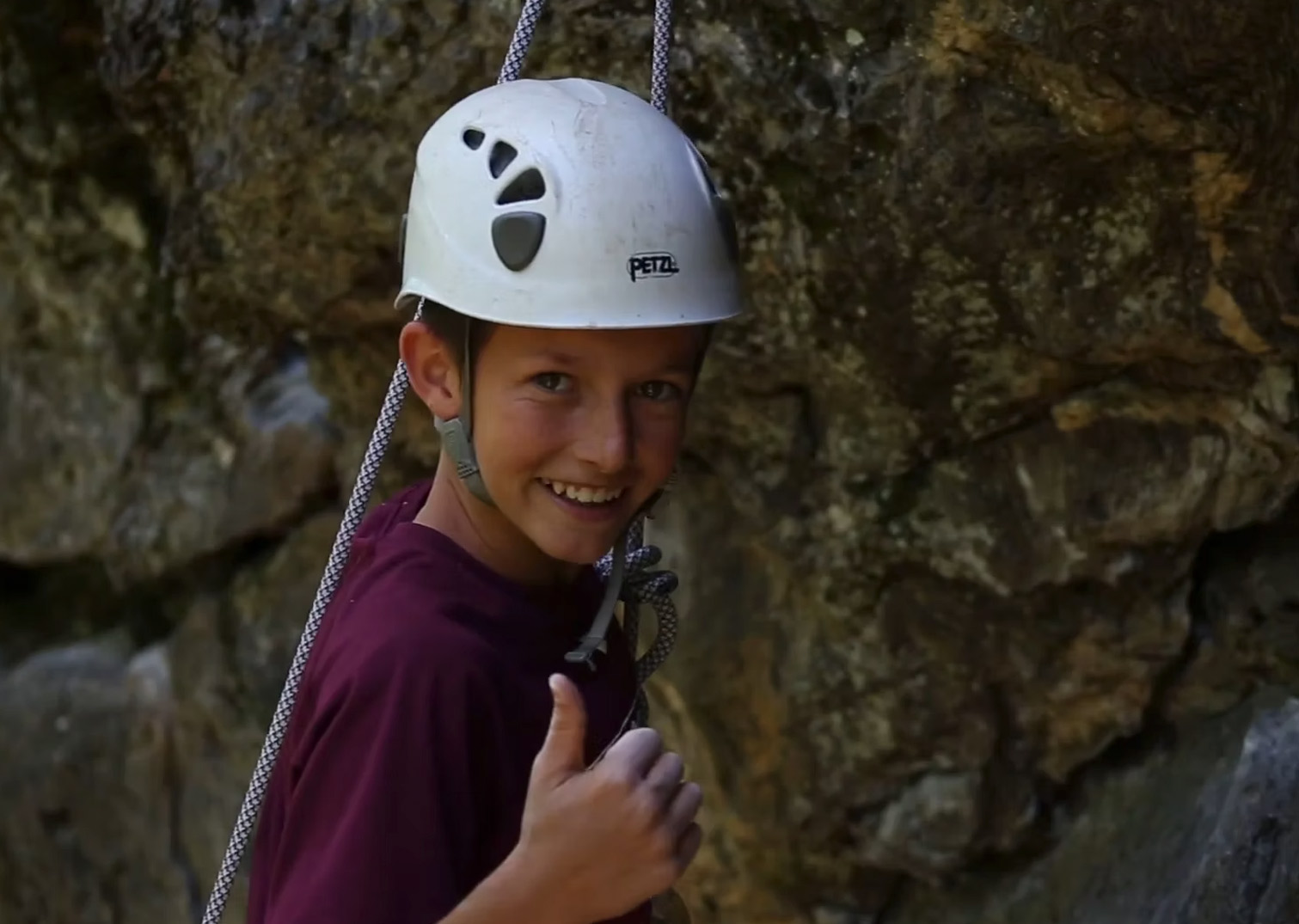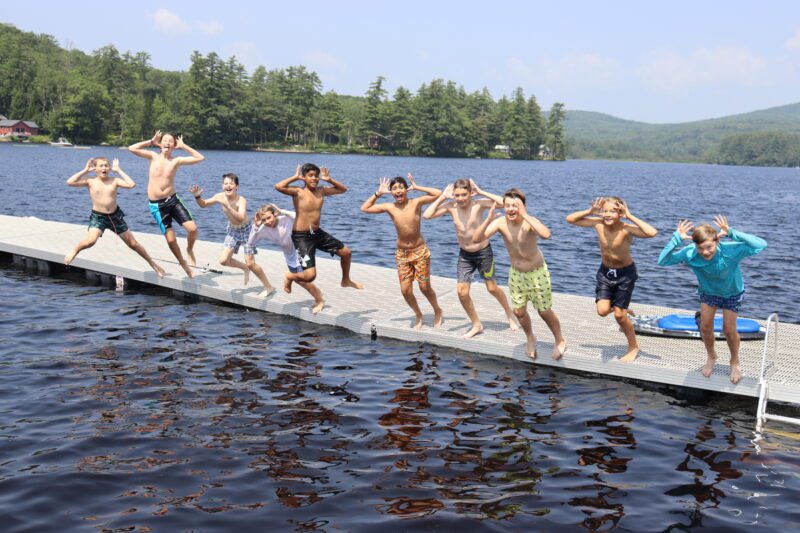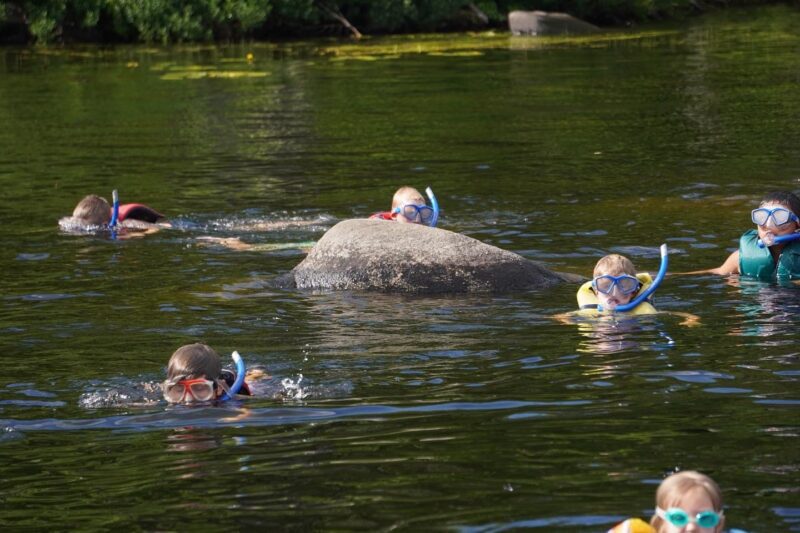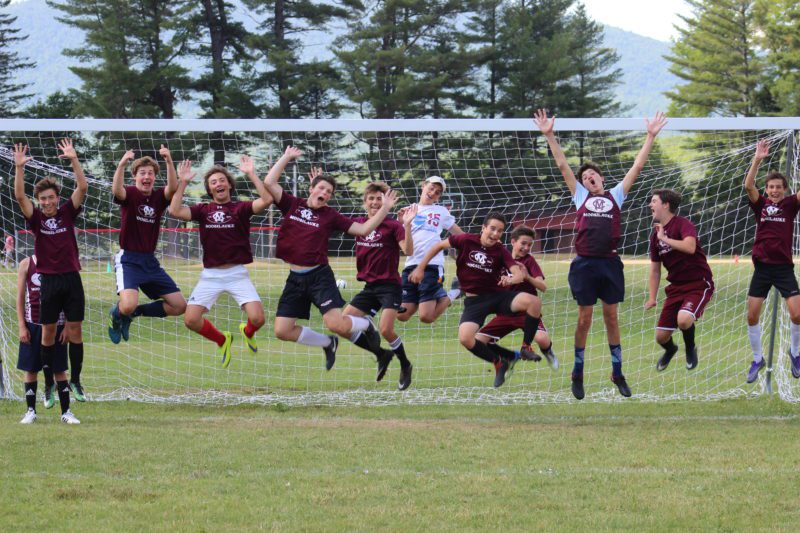Why Kids Succeed: the Importance of Mindset and What it Means for How We Provide Praise
By Bill McMahon, Co-Director If you thought the core theories about how kids learn and grow best are set…
Why Kids Succeed: the Importance of Mindset and What it Means for How We Provide Praise
By Bill McMahon, Co-Director If you thought the core theories about how kids learn and grow best are set…
By Bill McMahon, Co-Director
 If you thought the core theories about how kids learn and grow best are set and have not changed for decades you would be dead wrong. New and meaningful research is coming out every year, and much of it is not necessarily intuitive.
If you thought the core theories about how kids learn and grow best are set and have not changed for decades you would be dead wrong. New and meaningful research is coming out every year, and much of it is not necessarily intuitive.
Fixed mindset individuals may be very talented, but they have the following qualities or dispositions: they avoid challenges that push their limits; they get defensive; they don’t see effort as a primary cause of success (in fact they can see the need for real effort as a sign of weakness); they ignore useful feedback; and they can feel threatened by the success of others. A fixed mindset leads to a desire to look smart/good.
The great down side of a fixed mindset is that it causes people to plateau early and achieve less then their potential. Growth mindset individuals embrace a desire to learn and thus these individuals embrace challenges, persist in the face of setbacks, see effort as a path to mastery, learn from criticism, and find lessons and inspiration in the success of others. As a result, they reach ever-higher levels of achievement.
Fixed mindset people feel smart and engaged when working flawlessly; growth mindset people when they are learning. It is interesting that our culture reveres the archetypal fixed mind-set individual: the natural who is a star without breaking a sweat.
In her book she provides many real life examples of fixed and growth archetypes. In tennis, Dweck highlights John McEnroe as a fixed mindset individual because he was unhappy as a player and in his relationships, he did not reach his full potential, and he found losing devastating. She sees Michael Jordan as a growth mind-set individual. She points out that he was cut from his high school varsity team as a sophomore. She also notes that even with his remarkable skills he was all about working hard and smart. And, he thrived on new challenges.
In terms of coaches, Dweck uses two famous college basketball personalities as examples. Dweck see Bobby Knight as the ultimate fixed mindset coach because he was all about outcomes, took losses and mistakes personally (he felt they were a personal reflection on him), and he had blind spots—he could not see that his motivational techniques did not work with everyone. She points out that one of his most famous players said about him: “You know there were times if I had a gun I would have shot him.”
On the other hand, Dweck sees John Wooden as the archetypal growth mindset coach because he was all about process and preparation as opposed to outcomes and individuals. He famously said: “You have to apply yourself each day to becoming a little better”. He also stated that, “Did I win? Did I lose?” are the wrong questions. The correct question is: “Did I make my best effort?” Wooden also said: “Ability can get you to the top, but character keeps you there”. She points out that no players number was retired while Wooden was coach. And in contrast to the situation at Indiana under Knight, Wooden’s players loved and revered him.
In her book Dweck also categorizes businesses as having mindsets, with her most famous fixed mindset example as Enron.
The notion of self theories obviously has a lot of significance for counselors, coaches, teachers and especially parents The first key point is that growth mindset individuals achieve more, and even more importantly, they are happier. The second key point is that we are not locked in to a mindset: we can teach kids to have a growth mindset. And the third is that our action and words have real power relative to which mind-set we are reinforcing
Dweck’s research highlights the following key rules for working with kids:
-Avoid praising innate personal traits: “you are smart, you are an athlete . . .”
-Don’t focus on outcomes: did you get an A or score a goal
-Do focus on process; do show interest in effort and development and working smart. Ask questions like: “How did you feel about what you just did? What did you learn? How much effort did you give it?”
-Don’t turn setbacks into traumatic situations. She says adults should reinforce that setbacks are OK, that they are useful because they tell you what to do next.
-Don’t ask for mistake free performance. Instead ask for commitment
At Moosilauke, we put Dweck’s advice into play every minute of every day during the summer. In summary, we support positive risk taking (getting kids to step out of comfort zone), we focus on process not outcomes, and we embrace failures and setbacks. And in the end the results speak for themselves: happy, confident, and resilient kids.


